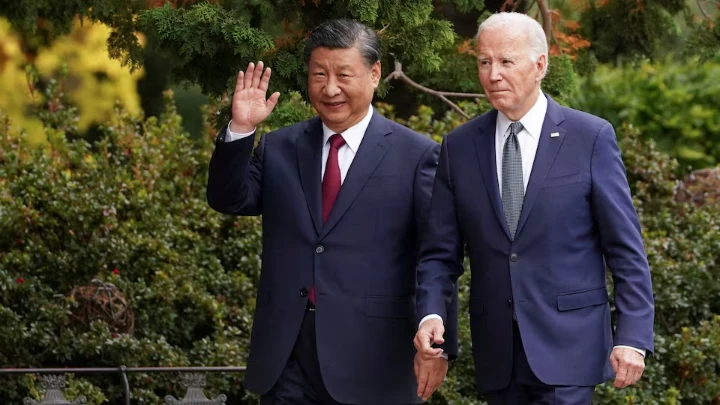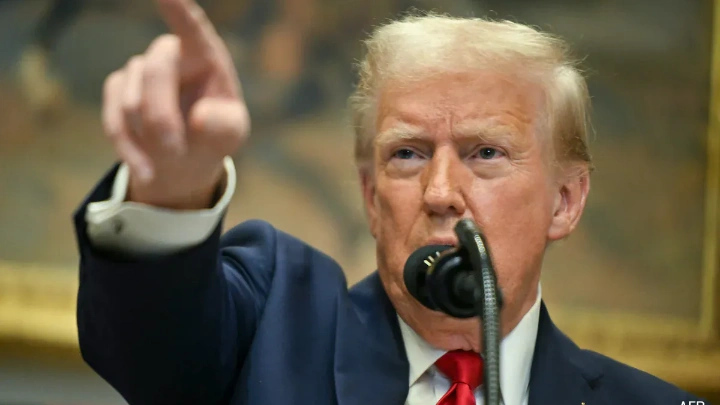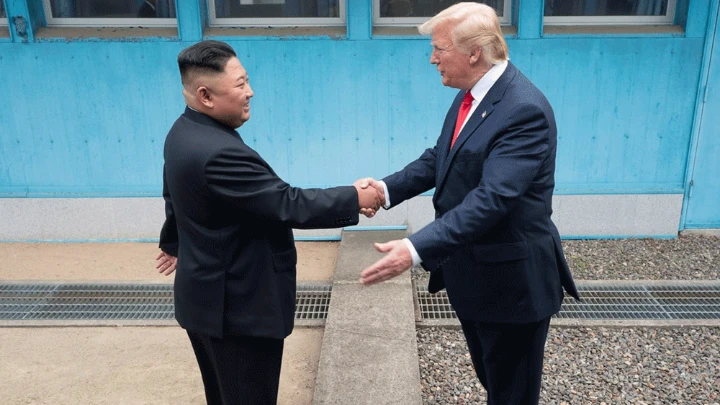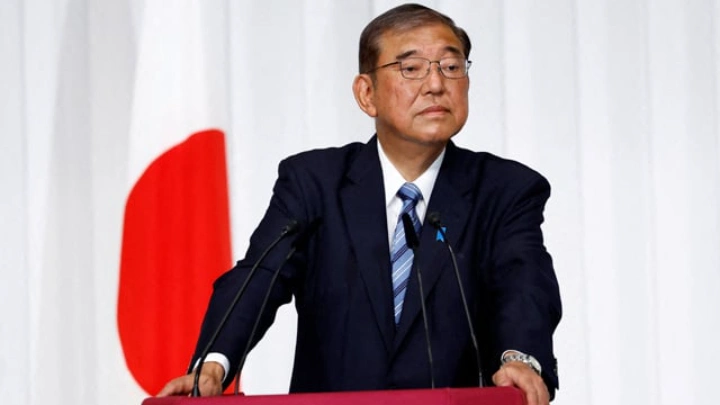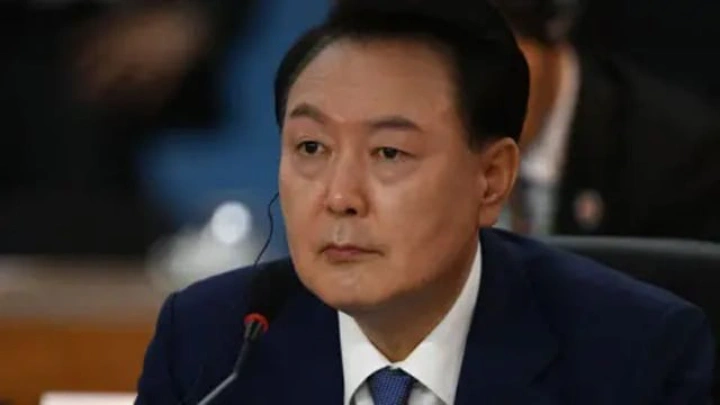Biden, Xi call navigates Philippines and Taiwan tensions
Reuters || Shining BD
U.S. President Joe Biden sought to manage tensions over the South China Sea and Taiwan's May presidential inauguration in a call with Chinese President Xi Jinping on Tuesday, their first direct talks since meeting in November.
Biden used the call to emphasize "the importance of maintaining peace and stability across the Taiwan Strait and the rule of law and freedom of navigation in the South China Sea," the White House said in a statement.
Xi said ties between the China and the U.S. are beginning to stabilize, but warned that they could "slide into conflict or confrontation," according to China's official Xinhua news agency.
White House national security spokesperson John Kirby told a briefing after the call that U.S. Secretary of State Antony Blinken would travel to China in the coming weeks. That follows a trip this week by Treasury Secretary Janet Yellen.
The nearly two-hour call between the leaders - described by Kirby as "business-like" - comes ahead of meetings next week between Biden, Japanese Prime Minister Fumio Kishida and Philippines President Ferdinand Marcos as China flexes its military might.
On Monday, a senior U.S. administration official said the U.S. and Chinese militaries would hold maritime talks this week in Honolulu. Washington has expressed concern over China's coast guard's use of water cannons on Philippines vessels near Second Thomas Shoal in a disputed section of the South China Sea.
An escalating diplomatic row and recent maritime run-ins between the two Asian countries has made it a potential flashpoint between the U.S. and China.
Beijing claims vast portions of the South China Sea, sometimes in direct opposition to international law.
"China seems determined to continue to run these gray zone operations, driving the U.S.-Philippine alliance and Philippines-Japan security ties closer, which we’ll see on display next week," said Gregory Poling, a South China Sea expert at the Center for Strategic and International Studies, referring to the trilateral summit in Washington.
'CREATING RISKS'
Xi and Biden also discussed U.S. efforts to block certain U.S. technologies, including advanced semiconductors, from export to China.
Xi warned Biden that the U.S. is "not de-risking but creating risks" by suppressing China's trade and technology development and adding new entities to U.S. sanctions lists.
Biden told Xi the U.S. "will continue to take necessary actions to prevent advanced U.S. technologies from being used to undermine our national security, without unduly limiting trade and investment," according to the White House.
Kirby said Biden broached U.S. concerns about popular social media app TikTok, which faces proposed U.S. legislation that would force its Chinese-owner ByteDance to divest over data security and disinformation concerns.
"He made it clear to President Xi that this was not about a ban of the application, but rather our interest in divestiture so that the national security interests, and the data security of the American people can be protected," Kirby said.
TAIWAN TEST
China's response to Taiwan's presidential inauguration in May will test the stability of relations between Beijing and Washington.
China regards Taiwan, a self-governed island with democratic elections, as part of its territory and recently dropped language about a "peaceful reunification" from its budget. Taiwan strongly objects to China's sovereignty claims and says only the island's people can decide their future.
Taiwan's current Vice President Lai Ching-te, who Beijing views as a separatist, won the presidency in January and Beijing has increased pressure on Taiwan ahead of his swearing in.
Xi urged Washington to translate "Biden's commitment of not supporting 'Taiwan independence'" into concrete actions, Xinhua reported.
Biden and Xi agreed in November to reopen military communications and cooperate to curb fentanyl production. After that meeting, Biden told reporters he had not changed his view that Xi is a dictator, a comment that China called "extremely absurd."
But the two have looked to smooth over a rocky period in relations that took a turn for the worse after a suspected Chinese surveillance balloon transited the U.S. and was shot down by a U.S. fighter jet last year.
Biden and Xi's call also addressed U.S. concerns over China's support for Russia's war against Ukraine, its economic trade practices, human rights abuses in Xinjiang and the denuclearization of the Korean peninsula, the White House said.
Shining BD

